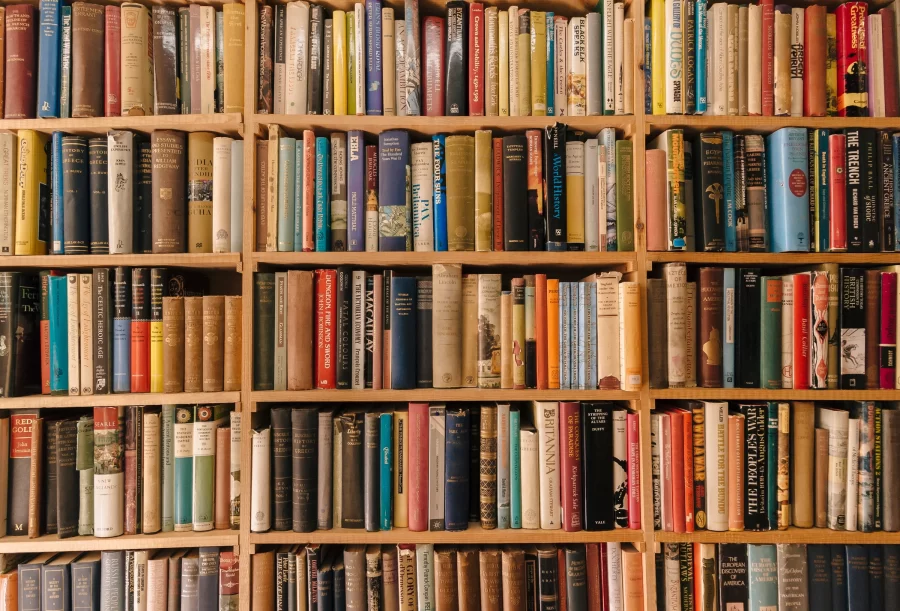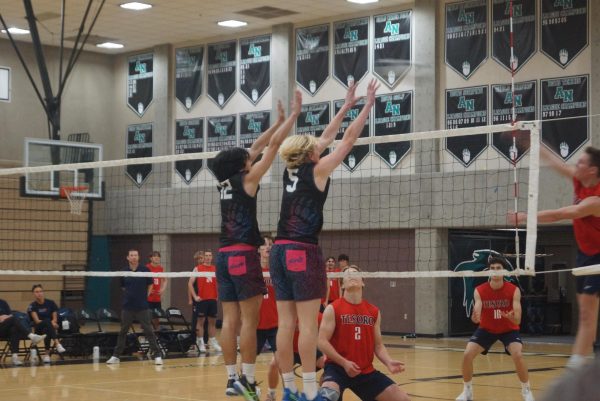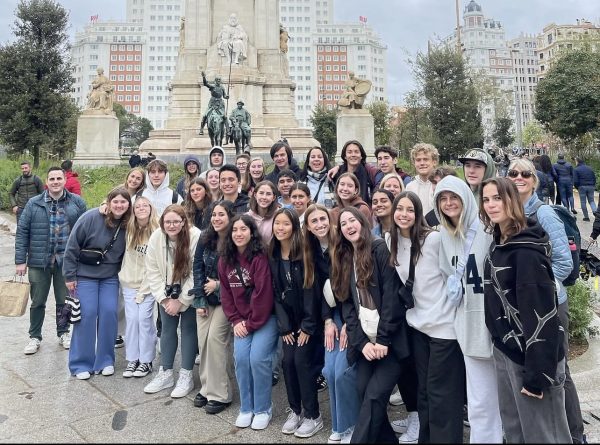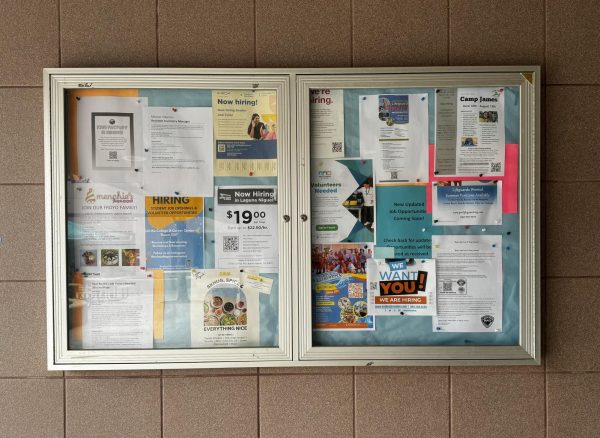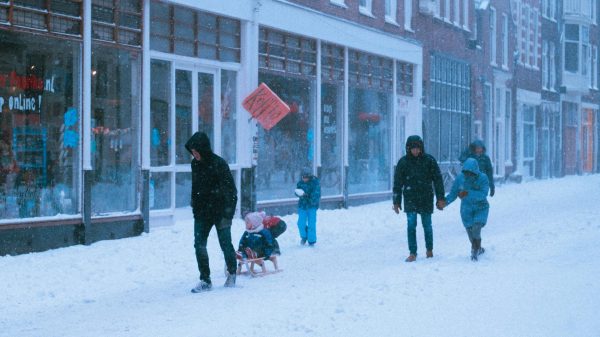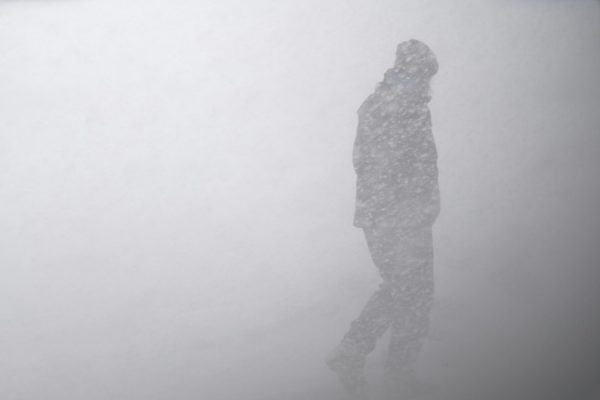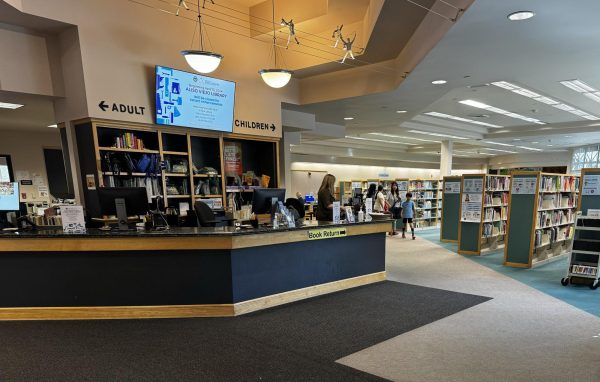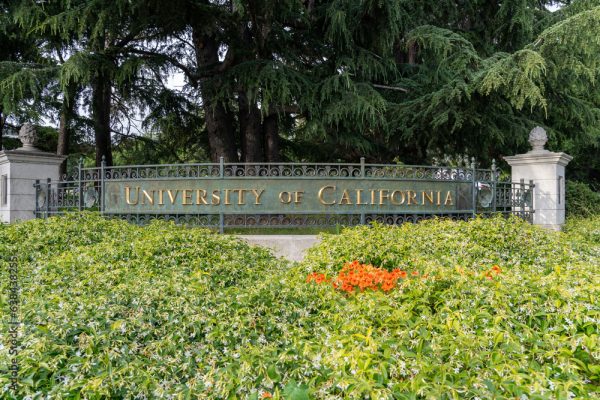Library Censorship
Recently librarians are seeing a banning of books in more conservative states that seem to be focused around the discussions of race and LGBTQ stories. In the article by TIme, “We’re preparing For a Long Battle.” Librarians grapple with conservatives Latests Efforts to Ban Books, “Among the books most frequently targeted are Toni Morrison’s The Bluest Eye (1970), George M. Johnson’s All Boys Aren’t Blue: A Memoir Manifesto (2020), Maria Kobabe’s Gender Queer: A Memoir (2019), Johnathan Evison’s Lawn Boy (2018), snd Alison Bechdel’s Fun Home: A Family Tragicomic (2006).” One of these books is even currently being read by students at this school for a book project to expand their library before the AP test.
These are only an example of some of the books that are up for discussion. According to an article by the Chicago Times, “Of the books that were fully or partially banned in the report by PEN, a nonprofit that advocates for free expression, 467 (41%) include protagonists or prominent secondary characters who were people of color; 247 (22%) directly address issues of race and racism; and 379 (33%) explicitly address LGBTQ themes, or had protagonists or prominent secondary characters who were LGBTQ.”
However these book bans not only have consequences for the environments of the students, but also for the library staff who are stocking the books. According to the article, Book Ban Efforts Spread Across the U.S., “In Wyoming, a country prosecutor’s office considered chargers against library employees for stocking books like “Sex is a Funny Word” and “This Book is Gay.”” This appears to be unprecedented because although the idea of banning books isn’t new, the idea of going after the librarians themselves is something that hasn’t been seen by a lot of people.
The same article by the New York TImes reports, “In Texas, Governor Gregg Abbott demanded that the state’s education agency “investigate any criminal activity in our public schools involving the availability of pornography,” a move that librarians in the sate could make them targets of criminal complaints.” This demand could potentially fuel either librarians leaving for fear of prosecution or a whole ban of books as librarians fight to keep their livelihoods, either way it doesn’t leave much room for them.
In the same article by the New York Times, “Many parents have seen Google docs or spreadsheets of contentious titles posted on Facebook by local chapters of organizations… From these, librarians say, parents ask their schools if those books are available to their children.” This could potentially mean that book bans can become more widespread, as the use of social media sites are capable of spreading information at an effectively quick rate.
According to reporting done by Vox, book banning is not entirely unheard of in American society especially at the turn of the 20th Century. “Rugg’s textbooks [on the subjects of science and social studies] brought a Depression-era sense of class consciousness to their account of American history. They ask pointed questions about how class and inequality persist so sternly across the US, and whether America really was as advertised, the land of opportunity.” This question is similarly being asked of books being banned today, like the 1619 project, the ask how American history is being taught today,
As a result of the questions Rugg’s books asked, according to the article, the books went from fairly popular to scarce following a way of consumer consciousness about what it meant to be American. As Constance Grady writes, “People get Phds, they went to Germany, they learned how to do archival research. And they started to ask some different and hard questions.” These questions like the ones in Rugg’s books made some groups feel threatened and as a result the books became a scarcity like the one we are seeing today.
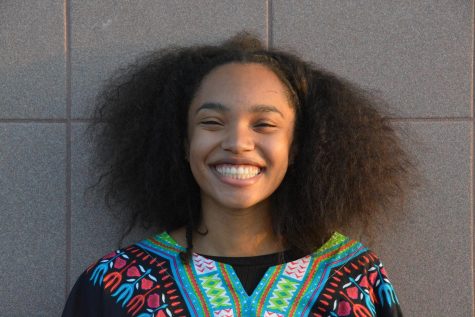
Ella is looking forward to her first year at the Growling Wolverine. She loves to read, write and have fun with her friends. This year she is looking forward...
